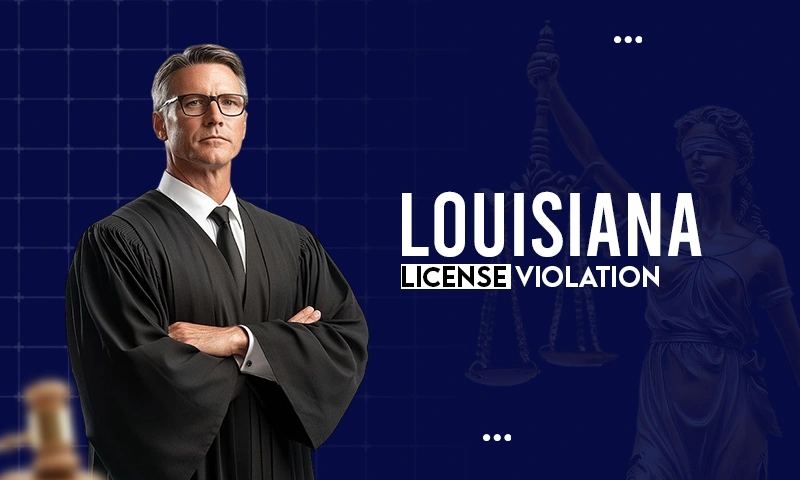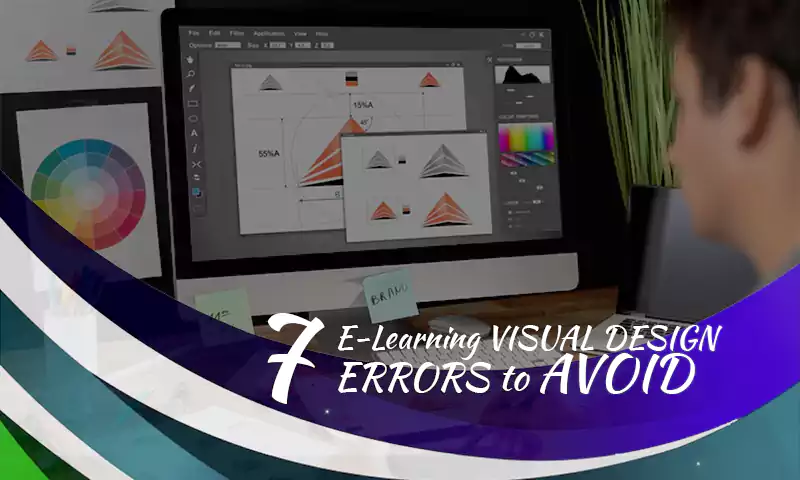Interested in Aviation? Some Career Avenues You Might Consider
Careers in aviation offer many opportunities. You just need some research to know about and choose from the various lines of work like piloting, engineering, hospitality, and more. These positions can be for commercial airlines, government, rescue operations, or private companies. The line of work you choose will depend on your streams of study, like a degree in science and mathematics are particularly well suited for applicants in the technical fields of aviation. In contrast, one needs strong language and communication skills for hospitality. Keep reading to find out the different career avenues you might consider in aviation.
1. Airline Pilot
People who are only interested in flying and touching the sky will enjoy a career as an airline pilot. Start with earning a private pilot certificate by enrolling in flight training to set the foundation before proceeding for more advanced certificates like instrument rating. Commercial pilots must complete at least 1,500 hours of total flight time to be eligible for Airline Transport Pilot certificate. Becoming a Certified Flight Instructor makes it easier to earn the required number of flight hours. Also, large passenger airliners prefer multi-engine rating and Bachelor’s degree with FAA training.
2. Air Traffic Controller
These aviation professionals work at Federal Aviation Administration (FAA) traffic control towers and regulate all air traffic, giving out messages or feedback for flight takeoff and landing. It is their responsibility to manage all communications with the pilots. It is a fast-paced job that needs strong decision-making skills and good judgment in case of an emergency. Education requirements include a college degree and FAA training.
3. Aviation Maintenance
A very important position that is always in demand, aviation maintenance technicians are responsible for checking and repairing electric and mechanical parts of an aircraft. Any error in the system can be a matter of life and death. They must make several quality checks before signing off. This career has several options of specializations, and practical experience is mandatory. An applicant needs to have a high school diploma with FAA certification, and one must have at least 18 months of work experience for an airframe or avionics technician’s certificate.
4. Aircraft Technician
This field of work focuses on electrical engineering. The technicians are responsible for troubleshooting systems, modifying electric parts, and performing tests for proper functioning. A high school diploma and an associate’s degree are enough to qualify for the position.
5. Manufacturing Engineer
This job is highly technical and the engineers employed are responsible for developing and infusing different parts in the aircraft. They also need to meet production quotas and overlook maintenance. Apart from an engineering degree, this job also requires some on-the-job training.
6. Flight Attendant
A crucial part of the hospitality sector of aviation, flight attendants, are part of the aircrew in a commercial airplane. They are primarily responsible for passenger safety and comfort, and they enact all safety instructions and answer all passenger questions and doubts.
7. Airport Operations Manager
A person in this position oversees the features of business and workforce management, public relations, and finances. They may develop and enforce rules for the airport and its staff. The applicant requires a minimum of a Bachelor’s degree to qualify for the position.
8. Quality Control Personnel
This technical position is for those with an eye for detail. The staff has to be on the factory floor to check all parts and materials on the assembly line. The job also requires producing reports, performing detailed tests, and working with tools and software.
Conclusion
The aviation industry is evolving, and so are its requirements. So, follow the above points and do the necessary research for the best results.
Share















